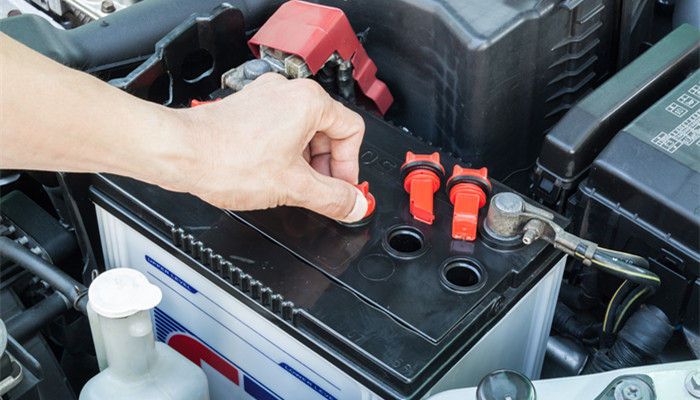
The market demand for lithium battery adhesives continues to increase, and domestic companies have greater room for improvement.
Lithium battery adhesive is one of the necessary materials for lithium battery production. It is mainly used for bonding, sealing, potting, coating, and patching of positive and negative electrode materials of lithium batteries. Lithium battery adhesives account for a low proportion of battery manufacturing costs, less than 1%, but lithium battery adhesives have a greater impact on the performance of lithium batteries, which can improve the performance of lithium batteries by about 10%. In recent years, with the development of electric vehicles, smartphones, energy storage systems and other industries, the lithium battery market has developed rapidly, and the market demand for lithium battery adhesives has been released.
According to the “2022-2027 China Lithium Battery Adhesive Industry Market In-depth Research and Development Prospects Forecast Report released by the Industrial Research Center, my country’s lithium battery adhesive industry started later than that of European and American countries. Restricted by factors such as technology, R&D strength, brand, and quality, my country’s lithium battery adhesive market is still dominated by European, American and Japanese companies, such as Solvay, JSR, Sojitz, and Germany. Companies such as Henkel and Dow Chemical of the United States have broad space for domestic substitution of high-end lithium battery adhesives.
At this stage, my country’s lithium battery adhesive manufacturers include Huitian New Materials, Shandong Dongyue, Zhejiang Funolin, Kangda New Materials, Shanghai Sanaifu, Jingrui Co., Ltd., etc. In order to shorten the gap with international companies and increase the localization rate of high-end lithium battery adhesives, Chinese companies have continued to increase investment in research and development and enhance independent production capabilities. At the same time, policies support the development of high-end adhesive technology. Driven by both companies and policies, my country’s lithium The battery adhesive industry structure has been optimized, and the proportion of high-end products has increased.
Lithium battery adhesives can be divided into two types: oil-soluble and water-soluble. In the context of increasingly stringent environmental protection regulations, water-based adhesives have gradually become an important development direction for lithium battery adhesives. At present, the main water-based lithium battery adhesives include hydroxymethylcellulose (CMC), polytetrafluoroethylene emulsion (PTFE), polyvinylidene fluoride (PVDF), polyacrylate emulsion (PAA), styrene-butadiene latex (SBR), etc.
Adhesives are an indispensable raw material for the production of lithium batteries. As lithium batteries develop in the direction of high power, low cost, and high safety, the market’s requirements for the purity and electrochemical properties of lithium battery adhesives continue to increase. Against this background, lithium batteries Research on adhesive material selection, mechanism research, application technology, performance improvement and other aspects continues to be in-depth. In the future, more and more new multi-functional lithium battery adhesive products will enter the market.
Industry analysts said that thanks to the eastward shift of global industries, my country has become a major producer and consumer of lithium batteries. The development of the adhesive industry provides broad space. my country’s lithium battery adhesive industry started late. At present, the high-end market is still dominated by foreign companies. Domestic companies still have considerable room for improvement in terms of technology, R&D investment, brand building, and improvement of supporting facilities.

 微信扫一扫打赏
微信扫一扫打赏

